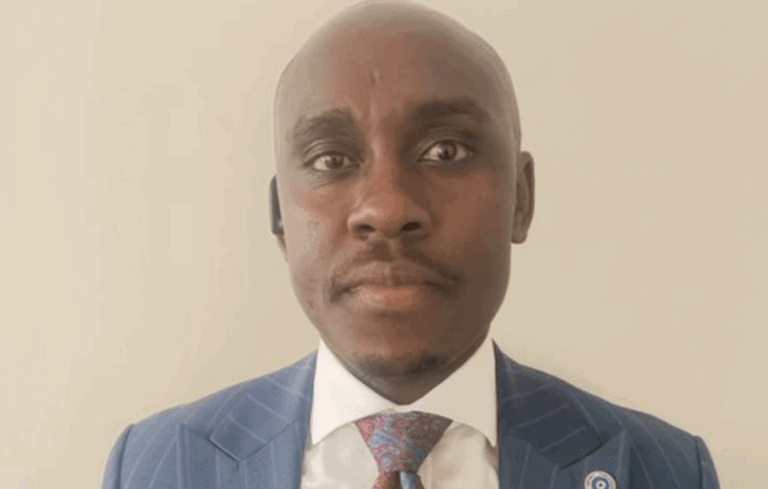Kenya’s electoral scene is capturing significant global interest as international media highlight a troubling trend: the election of leaders who are entangled in serious legal and ethical dilemmas.
Despite their associations with corruption, fraud, and ongoing legal battles, many candidates with contentious pasts continue to garner substantial support from voters during general elections.
A recent commentary from a Nigerian publication sharply encapsulated this phenomenon, suggesting that in Kenya, involvement in legal disputes can paradoxically enhance one’s public profile, paving the way for aspirations to hold any political office.
The narrative surrounding Kenya’s elections is increasingly marked by contradictions, as youth-led protests and corruption scandals intertwine with the rise of candidates boasting criminal backgrounds, all of whom are now strategically positioning themselves for the upcoming 2027 elections.
The international media has taken a keen interest in this evolving political landscape, raising questions about the implications of such choices for the future of governance in the country.
Kenya’s political scene is witnessing a puzzling trend: an increasing number of individuals previously entangled in major fraud and corruption cases, many of whom have appeared in court, are now gearing up to run for parliamentary seats in the 2027 elections.
This situation has sparked concerns over what defines leadership in the country, raising difficult questions about integrity, accountability, and the qualifications expected of public officials. It leads one to wonder, in Kenya, could scandal be a stepping stone to public office?”
Critics argue that this trend undermines Chapter Six of the Kenyan Constitution, which was specifically enacted to promote integrity and ethical leadership in public service. Yet, serious allegations and active court cases seem to have little effect on some politicians’ ambitions.
High-profile names surfacing ahead of Kenya’s election include
Joseph Lendrix Waswa, a flamboyant businessman from Bungoma, was accused of defrauding international investors through a fake gold scheme.
1. Joseph Lendrix Waswa was linked to the Sh1 billion gold scam that was exposed by the police.
2. Also on September 7, 2023, at Villa Mawe in Garded Estate, they were found with USD 634,178 in denominations of 100, which they knew were fake,” says the charge sheet.
3. In 2014 and 2015, Waswa was arrested for allegedly killing Mitch Kibiti, son of (former) Bungoma County Education Chief Officer David Kibiti, after a disagreement at his Etonia Club in Kimilili. He was arrested in Kisumu while on the run, trying to board a plane to Nairobi.
Emmanuel Charles Osore, allegedly involved in a KES 62 million fake government tender that duped an Israeli national.
Accused of jointly conspiring to steal USD 400,000, equivalent to about Sh 62 million, on diverse dates between 25 August 2022 and 22 January 2024 at an unknown place within the country.
The charge stated that they stole the millions from Cohen Oshry by falsely pretending that they were in a position to secure him a tender for the supply, delivery, installation, and testing of a GSM offensive system to the Ministry of Defence under Request for Proposals (RFP) Reference Number MOD/SDM/CS/01/2023-2024.
The charges further stated that on March 13, 2023, the trio made a commitment letter with the intent to defraud Isky Holdings Ltd. of the money.
Nicholas Otieno Ndolo, accused of defrauding an American investor of KES 132 million through a fraudulent gold deal.
The gold fraud case against a city lawyer and businessman charged with defrauding an American national of Sh132.9 million in a fake gold scam has been pushed to July 2.
Milimani Principal Magistrate Rose Ndombi pushed the gold fraud case in which businessman Nicholas Otieno Ndolo and lawyer Thomas Otieno Ngoe are charged with conspiracy to defraud after the defence lawyer informed the court that they had already written a letter to the Director of Public Prosecutions (DPP) requesting him to review the police file.
The accused persons applied for an adjournment, adding that they had written a letter to the DPP asking him to review the charges given and withdraw the charges against lawyer Ngoe.
These are not isolated incidents but part of a growing list of candidates with questionable reputations, raising serious concerns about the values being upheld during Kenya’s election process.
While the presumption of innocence is a fundamental legal principle, the repeated emergence of such figures in the political arena calls for national reflection. As the 2027 general elections approach, voters are confronted with a critical decision: to either accept the normalisation of scandal in leadership or demand a return to accountability and ethical governance.
Kenya’s election could either mark a turning point for political integrity or signal the further entrenchment of impunity in public office.

